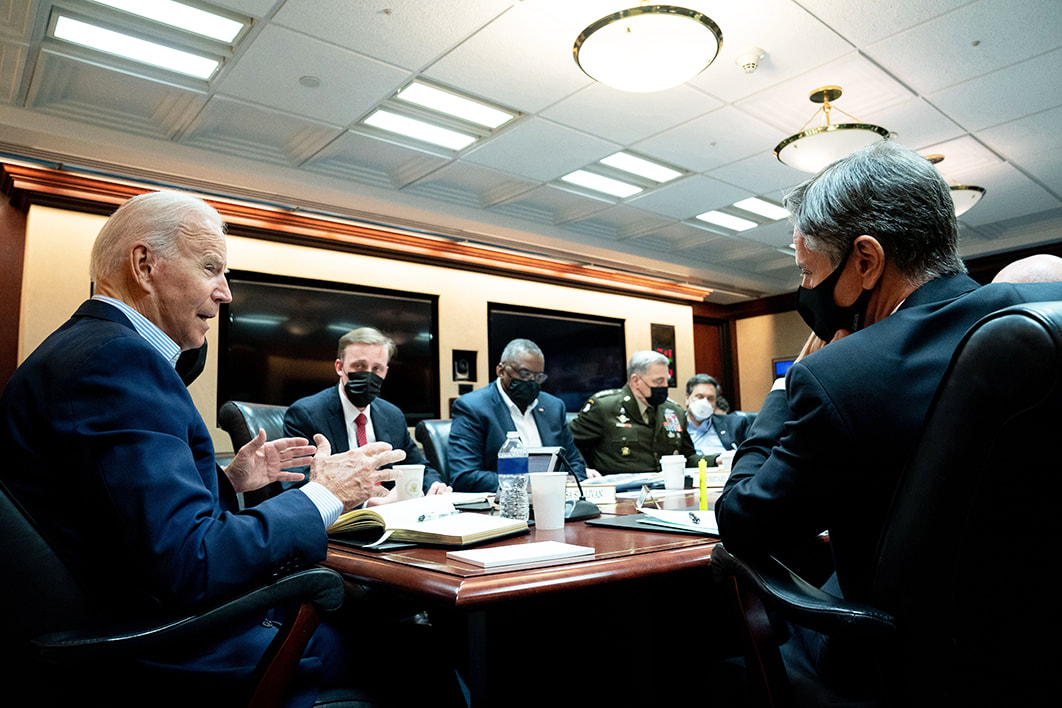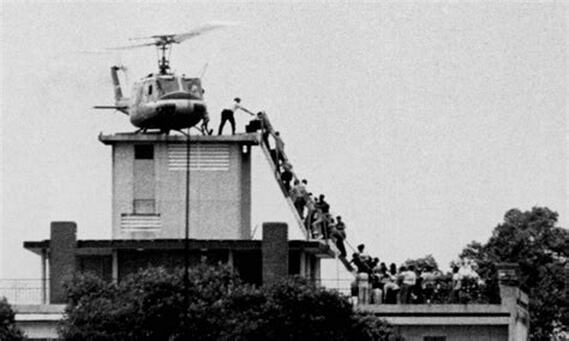|
My latest essay, from Inside Story. It has some thoughts on America's failure in Afghanistan, and how it fits in the broad sweep of US national security policy. There's much more that could have been said, but it was a tight word limit.
US (and allied) failure in Afghanistan got me thinking about how, after taking time to reflect, the US re-evaluated the lessons from defeat in Vietnam. Hundreds of books and articles have been written on the topic. Here's a sample:
John Correll, "The Weinberger Doctrine", Air Force Magazine, 1st March, 2014. E.J. Dionne, "Kicking the Vietnam Syndrome", The Washington Post, 4th March, 1991. Frank Hoffman, "A second look at the Powell Doctrine", War on the Rocks, 20th February 2014. Just before the shambolic collapse of the American position in Kabul, the US Special Inspector General for Afghanistan Reconstruction (SIGAR) produced its report "What We Need to Learn: Lessons from Twenty Years of Afghanistan Reconstruction". An earlier report had a line that would be familiar to many people who've worked in a bureaucracy: “The…key finding is that…monitoring and evaluation (M&E) created the risk of doing the wrong thing perfectly. That is, programs could be deemed “successful” even if they had not achieved or contributed to broader, more important goals…”
|
Archives
March 2024
|



 RSS Feed
RSS Feed
